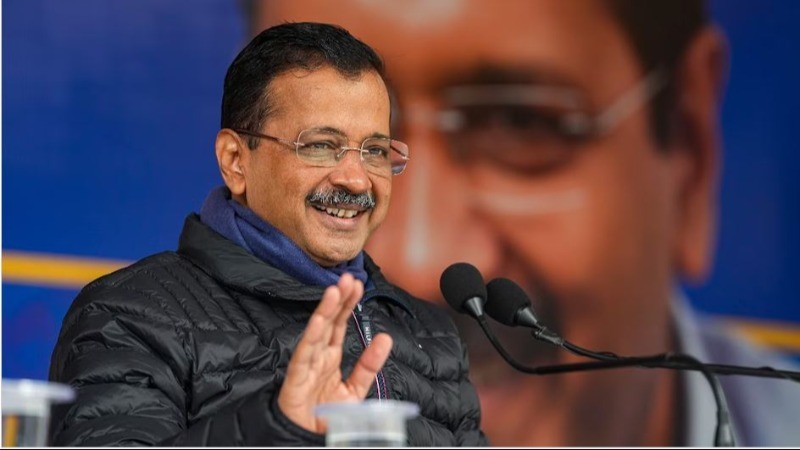
New Delhi: AAP leader Arvind Kejriwal has pledged to focus on resolving the city's sewage problems urgently if his party is re-elected in the upcoming Delhi Assembly elections.
In a video message on Saturday, January 25, the former Delhi Chief Minister pointed out the development efforts made by the AAP government in unauthorized colonies, emphasizing the progress made in bringing basic infrastructure to these areas.
"When we took over the government in Delhi, there was no development in unauthorized colonies. No other government had worked for these areas. We started the development work, and now nearly all such colonies have proper sewer pipelines and other facilities," he shared.
Kejriwal also acknowledged that some parts of the city continue to face the issue of sewage water mixing with drinking water. He assured that once AAP is back in power, they will tackle these sewage concerns with urgency.
"I have decided that every sewage issue in the city will be addressed immediately after AAP forms the government again," he stated.
The 70-seat Delhi Assembly elections are scheduled for February 5, with the results expected on February 8. AAP is aiming for a third consecutive term, having won 62 out of 70 seats in the 2020 election.
Last week, Kejriwal also announced that tenants in Delhi who are currently excluded from free power and water services will be included under the scheme if AAP returns to power. The AAP leader has revealed several other promises ahead of the 2025 Delhi Assembly elections, including a Rs.2,100 monthly honorarium for women, free healthcare for the elderly, and Rs.10 lakh insurance for auto drivers.
Delhi AAP already released a manifesto whicih includes plans such as raising the education budget from 2% to 10% and capping private school fees. Kejriwal also proposed subsidies and scholarships to make higher education more affordable. He called for increasing healthcare spending to 10% of GDP and removing taxes on health insurance premiums.
Kejriwal also urged for raising the income tax exemption limit from Rs 7 lakh to Rs 10 lakh, citing the financial strain on the middle class. He proposed eliminating GST on essential goods, claiming it unfairly impacts middle-class families